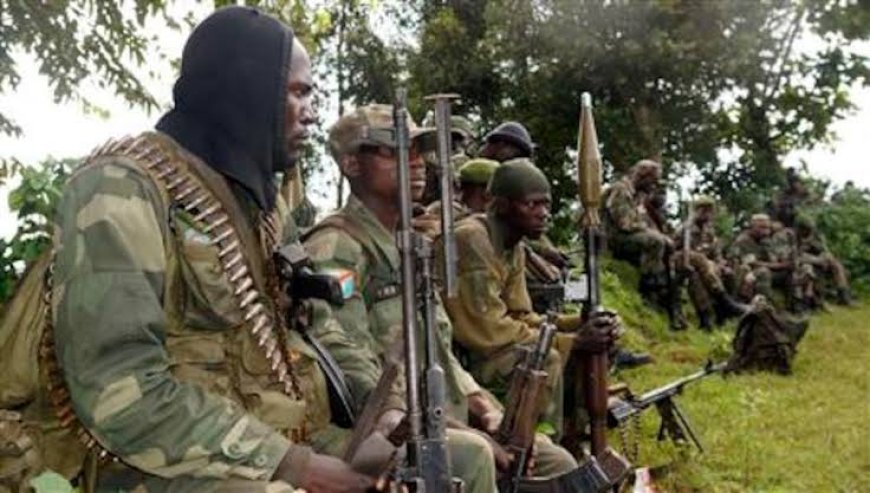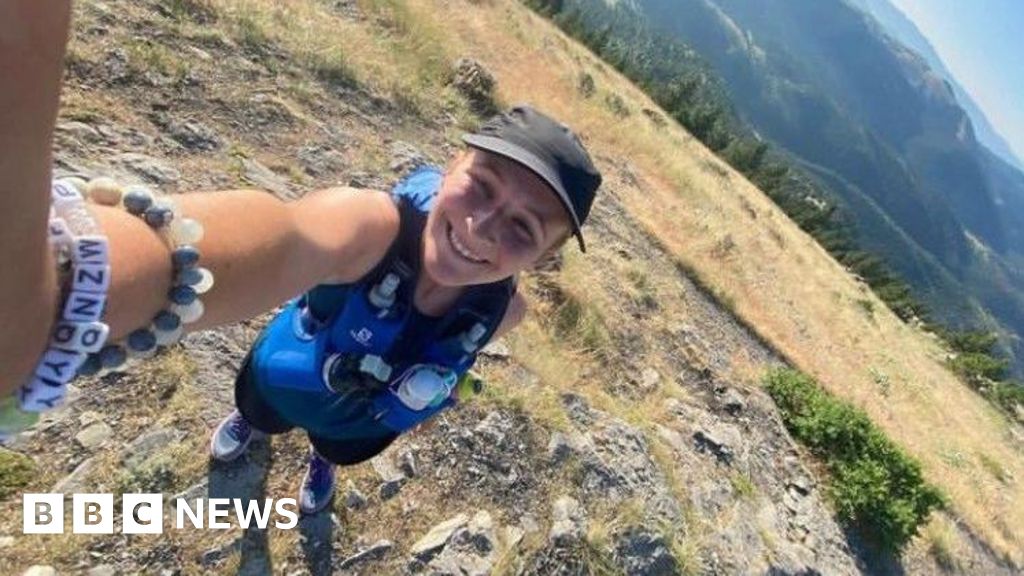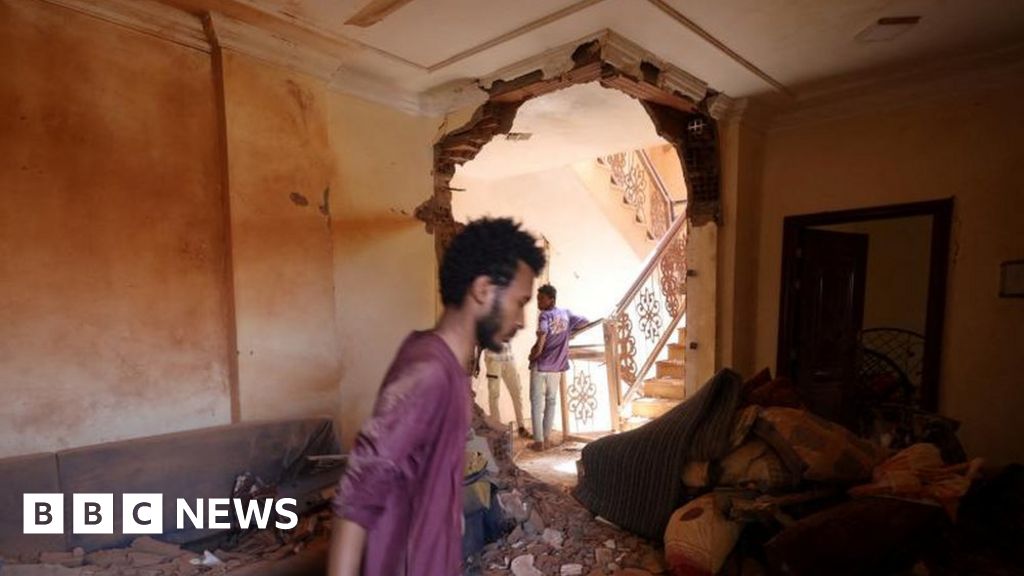Why Phasing Out M23 Remains a Daunting Task

Nairobi,
Friday, 14 February, 2025
McCreadie Andias,
Since its establishment the M23 rebel group remains one of the main threats that plagues both Democratic Republic of Congo (DRC) and Greater Lakes area. Despite large-scale military attacks along with numerous peace treaties and international assistance efforts the insurgent group M23 continues to emerge after disruptions to destabilize both desperation.
The problem requires resolution because the M23 rebel group remains elusive to elimination attempts.
The M23 rebel group known as March 23 Movement started its existence through a military revolt within the Congolese armed forces in 2012. The Tutsi rebel force who comprised the majority of members asserted that the government of Congo had not fulfilled its obligations to apply the 2009 peace agreement regarding the transformation of former rebels into national army soldiers.
The rebels base their complaints on continuing ethnic unrest combined with refugee problems and accusations of government biased treatment of population groups.
The insurgent group took control of extensive land in eastern DRC when seizing Goma before the joint Congolese United Nations forces reversed their gains in 2013.
The M23 rebel group returned in late 2021 after strengthening their military force which demonstrated continued failure to resolve the fundamental reasons for their rebellion. Analysts commonly maintain that genuine political inclusion with reconciliation efforts can never be substituted for military solutions to remove the group permanently.
Regional political dynamics represent the main obstacle which impedes M23's dismantling. The rebel supporters have repeatedly accused Rwanda and Uganda even though both countries actively deny this claim. Multiple UN and other reports present evidence that M23 obtains military logistical and financial support from regional powers looking for advantage in eastern DRC.
Two key factors which drive the M23 resistance are the mineral deposits found in Ituri province and North Kivu province. A large share of coltan and gold resources together with additional valuable minerals in the Democratic Republic of Congo draw continuous interest from armed factions who exploit these riches along with external stakeholders.
External actors receive economic gains through M23's activities of illegal mining and smuggling operations because the group controls valuable natural resources.
Efforts to weaken this group face additional hurdles due to continuous tension within the relationship between DRC and its neighboring countries. The relations between the governments of Kinshasa and Kigali have reached excessive tension because Congolese officials blame Rwandan intervention in Congolese political matters.
Regional tensions worsen because eastern DRC hosts various armed groups having FDLR (Democratic Forces for the Liberation of Rwanda) among them which includes members linked to perpetrators of the Rwandan genocide in 1994
M23 continues to resist all attempts of military suppression. The variety of conventional armed groups separates itself from M23 because this group functions as both a mobile insurgency and well-trained rebel organization. The fighters from M23 demonstrate excellent guerrilla warfare capabilities through rapid strikes followed by movements deep into inaccessible mountain regions between Rwanda and DRC.
The Republic of Congo military (FARDC) faces persistent challenges in fighting M23 rebels because of internal issues such as corruption combined with military deficiencies of logistics and command coordination.
Intelligence reveals that armed group collaboration with FARDC military personnel as well as desertions highlight persistent problems existing within the Congolese military structure. MONUSCO has received criticism because its restricted mandate and inadequate capability to defeat rebel groups stands as a primary issue.
Additional complications stem from the enhanced coalition of East African Community Regional Force (EACRF) who journeyed to intervene within the area. A few countries seek dialogue to settle with M23 whereas multiple nations prefer military intervention as their preferred solution. Without standardization of peace approaches countries prevent achievable progress in their diplomatic efforts.
Nevertheless, In a recent High level EAC security summit, President William Ruto and Chairman of the East Africa Community expressed concerns and disapproval on the need to deploy military intervention "Military intervention might not provide a lasting solution" Ruto noted. He preferred the use of dialogue instead.
The M23 neutralization initiative combines diplomatic actions that have resulted in talks conducted in Nairobi and Luanda. The Congolese government shows reluctance to negotiate with M23 because it considers them as instruments of foreign interests. DRC President Felix Tsishekedi has on various occasions failed to attend EAC high level security summits organized to broker dialogue with M23, at Times sending representatives or opting to attend virtually.
Various international institutions alongside Western nations have shown conflicting involvement in this matter. The UN along with regional blocs have placed sanctions on M23 and pushed Rwanda and Uganda to stop aiding the group yet their ability to enforce this policy remains insufficient. Political and economic factors regularly prioritize over diplomatic approaches thus enabling M23 to continue its operations.
What Can Be Done?
A proper resolution of the M23 crisis depends on multiple strategies includes:
The Congolese government needs to resolve the basic problems which drive rebellions through political reconciliation. Democratic dialogues between marginalized people and post-rebellion integration efforts into society will decrease new recruits to M23.
Neighbors must create a united security system by dedicating themselves to refrain from interfering in each other's affairs while confronting the challenges posed by hostile armed organizations.
Congolese military forces need comprehensive reform to train their troops better and fight insurgency while the military must also eliminate internal corruption to effectively protect the country.
To bring down financial support to rebels the illicit mineral trade must be monitored closely and with strict economic sanctions. Organizations both government and private must establish intense regulations which will stop conflict mineral trafficking.
UN forces and those of the region should gain authorization to actively combat armed groups instead of simply observing the unfolding events.
What's Your Reaction?


































































































































































































































































































